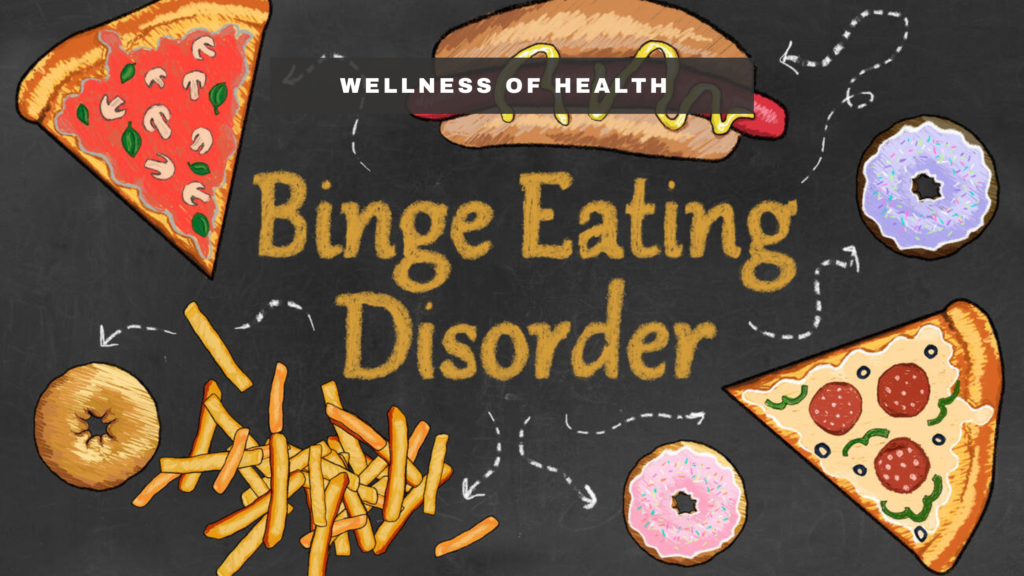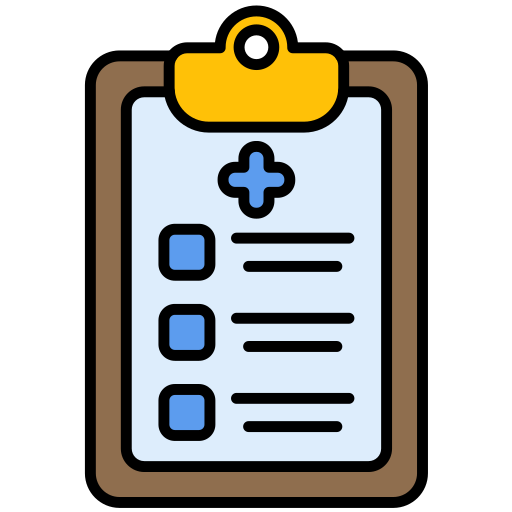Binge eating disorder (BED) is a serious mental health condition characterized by frequent episodes of consuming abnormally large amounts of food in a short period, often accompanied by feelings of guilt and shame. While Binge Eating Disorder is frequently overlooked or stigmatized, it has significant health consequences that can impact both physical and mental well-being.
Physical Health Consequences
- Weight Gain and Obesity: Overeating can lead to weight gain and obesity, increasing the risk of various health problems such as heart disease, stroke, diabetes, and certain types of cancer.
- Digestive Issues: Binge eating can cause digestive problems like heartburn, acid reflux, and constipation.
- Nutritional Imbalance: Frequent binge eating can disrupt a healthy diet, leading to deficiencies in essential nutrients and vitamins.
- Sleep Disorders: Obesity and emotional distress often associated with BED can contribute to sleep disturbances, such as insomnia or sleep apnea.
Mental Health Consequences
- Depression and Anxiety: BED often co-occurs with depression and anxiety, creating a vicious cycle where emotional distress can trigger binge eating and vice versa.
- Low Self-Esteem: The guilt and shame that often come with binge eating can damage self-esteem and confidence.
- Social Isolation: The stigma surrounding BED can lead to social isolation and difficulty forming healthy relationships.
- Substance Abuse: Individuals with BED may be more likely to engage in substance abuse as a coping mechanism.
Seeking Help for Binge Eating Disorder
If you or someone you care about is facing challenges with binge eating disorder, seeking professional help is crucial.
- Therapy: Cognitive-behavioral therapy (CBT) and interpersonal therapy (IPT) are effective approaches for addressing the underlying thoughts, feelings, and behaviors associated with BED.
- Medication: In some cases, medication may be prescribed to help manage symptoms of depression, anxiety, or binge eating.
- Support Groups: Connecting with others who have experienced BED can provide support, understanding, and encouragement.
Remember, you are not alone. By seeking help, you can take control of your eating habits and improve your overall health and well-being.


